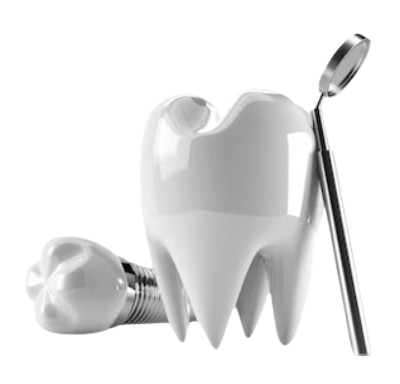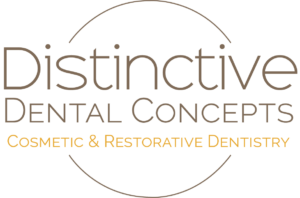
ORAL SEDATION IN GARLAND, TX
Oral sedation involves taking a prescribed medication before dental treatment, reducing anxiety and enhancing comfort. This method also aids in reducing memory of the experience and can be combined with nitrous oxide for deeper relaxation.
SEDATION COMFORT
This method creates a deeper level of sedation than with nitrous oxide. Our doctors will prescribe a medication for you to take before your appointment to reduce anxiety. A wide variety of medications are available for this type of sedation, and our doctors will carefully discuss your individual needs to determine which choice works best for you. All these medications are classified as anti-anxiety medications and achieve the same result: reducing and even eliminating the anxiety of dental treatment.
In addition to making your experience more comfortable, oral sedative medications help reduce your memory of the experience. It allows us to complete your treatment in less time and with fewer appointments. While your treatment is performed, our doctors carefully monitors your vital signs to ensure that your experience is as safe as possible. Another advantage of this type of sedation is that it can safely be used along with laughing gas for an even deeper feeling of relaxation. Because the effects of oral sedation last longer than with laughing gas alone, you will need someone to bring you to your appointment and drive you home after.
The most common forms of sedation used in dentistry are inhaled, oral, and intravenous sedation. While sedation dentistry makes the procedure more tolerable for you, it is important to understand that they are not painkillers, and you will still require the use of dental anesthetic.
Services We Offer
Ready to transform your smile?
Frequently Asked Questions

Oral sedation is a technique used to assist patients to relax during dental treatments. It involves giving sedative medications in the form of pills or liquid. It is frequently used to reduce fear and anxiety related to dental appointments.
Oral sedation is generally safe for most patients, but it may not be suitable for individuals with certain medical conditions or those taking specific medications. Dentists will assess each patient’s medical history to determine the appropriateness of oral sedation.
During the dental procedure, vital signs such as blood pressure, heart rate, and oxygen saturation are monitored to ensure the patient’s safety. The dental team is trained to respond to any complications that may arise.
Patients are typically instructed to avoid eating or drinking for a certain period before the procedure. Additionally, they should inform their dentist about any medications they are taking and follow pre-operative instructions provided by the dental office.


